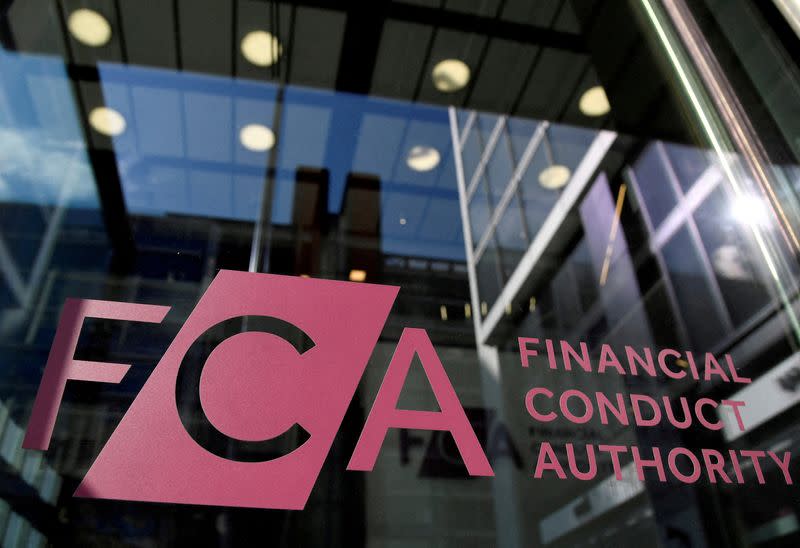Britain fast-tracks biggest company listings shake-up in decades

By Huw Jones
LONDON (Reuters) -Britain's markets watchdog on Thursday paved the way for the biggest shake-up in three decades of rules for companies listing on the London Stock Exchange as it seeks to catch up with New York and the European Union post-Brexit.
The regime, which aims to attract a wider range of listings by reducing red tape, is backed by the country's new Labour government as it focuses on reviving growth and investment.
"These new rules represent a significant first step towards reinvigorating our capital markets, bringing the UK in line with international counterparts and ensuring we attract the most innovative companies to list here," said Rachel Reeves, Britain's finance minister in the Labour government elected last week.
The rules will give company founders more power over decision-making and disclosures to investors. They also remove a requirement for companies to seek a shareholder vote on significant transactions, with the exception of reverse takeovers and a listing cancellation.
Britain's finance ministry under the previous government had requested the changes to help London to compete more effectively with Amsterdam, Paris and elsewhere in the European Union - which has already eased its listings rules.
London has already lost some high-profile listings to other markets, including UK chip designer Arm Holdings, which chose to list in New York.
Fast fashion retailer Shein meanwhile has begun the process for a London listing.
The Financial Conduct Authority (FCA) said the rules are largely in line with proposals made last December. These had a mixed reception, with backers saying the plans simply brought London in line with rival centres, while critics said they would dilute investor rights.
Lindsey Stewart, director of stewardship research and policy at Morningstar Sustainalytics, said the new rules "represent a gamble over whether the UK can build more attractive markets by introducing features that many of the largest investors are opposed to."
Pension scheme Railpen said it was "deeply disappointed with the "lost opportunity" to make UK capital markets an environment where all parties have a voice.
The rules also merge the current two-tier standard and more onerous premium listing segments from July 29, a very short period as companies usually have many months to prepare.
ENHANCED VOTING RIGHTS
Under the new system, company founders or directors can have dual or enhanced voting rights for an unlimited period, a step that aims to attract more growth companies whose founders want to retain control after a listing.
The FCA, now required to show it has Britain's competitiveness in mind when writing rules, has also decided to allow pre-IPO institutional investors, such as private equity, to have enhanced voting rights for up to 10 years.
The London Stock Exchange has said its listings pipeline was building up in anticipation of the reforms.
Julia Hoggett, CEO of LSE plc, said the change will ensure that UK-listed companies benefit from "a listing regime that better supports their growth ambitions, increases investment opportunities for UK investors and supports the UK economy".
Robert Newman, a partner at DLA Piper law firm, said the overhaul is a "much needed step towards enabling investors to rediscover their appetite to fund risk and, hopefully, enjoy its returns."
The FCA has flagged that easing the listing rules will not be enough on its own to make companies list in London. The watchdog has also highlighted that relying more on companies to make disclosures raises the risk of investors losing money.
Scott McCubbin, UKI IPO leader at consultants EY, said the new balance between investor protection and market attractiveness will need to be carefully monitored.
"From here, further efforts to support both institutional and retail investment into the market are critical to ensure the UK strengthens its competitiveness on the global stage," McCubbin said.
The previous government launched the "Edinburgh" and "Mansion House" reforms to make UK markets more attractive, and the new Labour government has indicated it would continue with those to help a cash-strapped Britain attract private money into the economy.
(Additional reporting by Carolyn Cohn; editing by Barbara Lewis and Jane Merriman)

 Yahoo News
Yahoo News 
